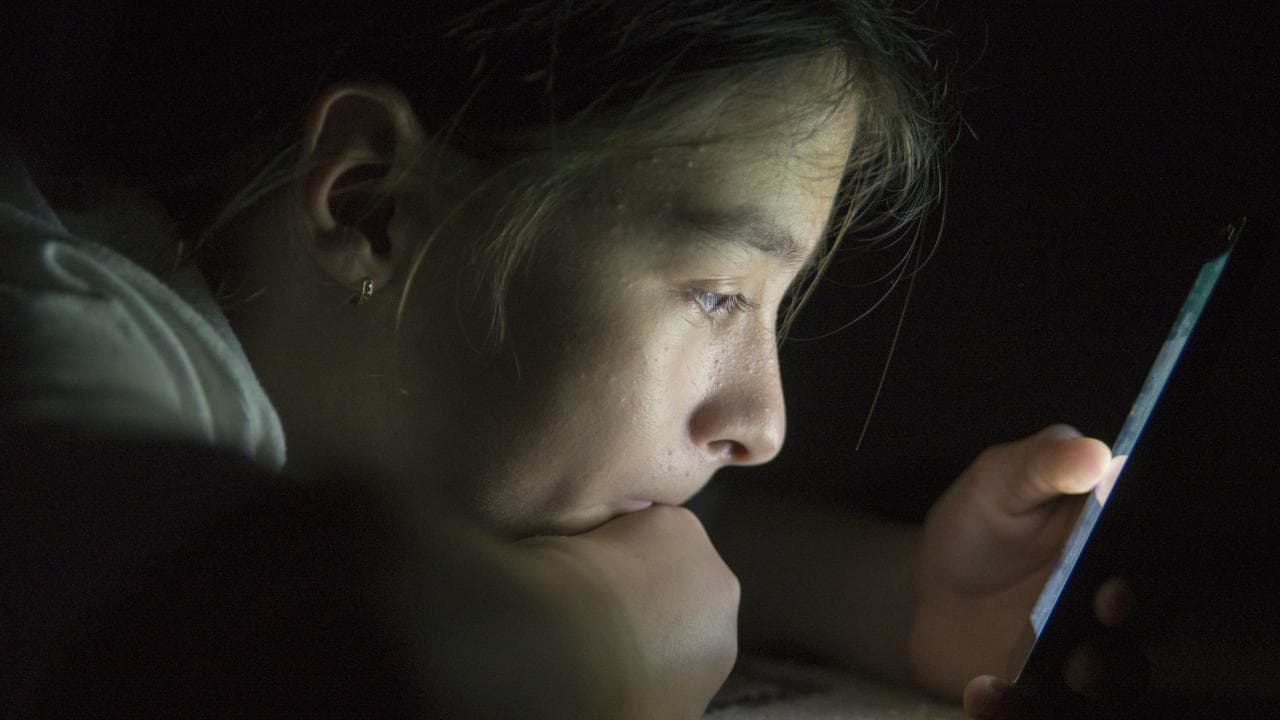
Over the last few weeks, and probably months, I have been thinking about the role that technology plays in our lives. More specifically, how it impacts our health. That’s not to say that all of my thoughts have been around the negative aspect of it. There are a lot of good ways that technology can be beneficial. For example, there is a feature on the Apple Watch that will notify a person when their heart rate is elevated, out of the ordinary. From what I can tell, this has saved people from heart attacks, or other heart-related events. Sure, that same Apple Watch may notify you at 3:50 am that it’s time to stand up, but it’s also proving to be beneficial for your health.
When we think about technology and children, though, this might not always be the case. I look at my little nephews and I think about what technology will be available to them, and that makes me think about how it will impact their lives. Will they have problems sleeping? Or concentrating in school? Or will their brains adapt and we call it evolution? A new study published in the Journal of the American Medical Association has linked Attention-Deficit/Hyperactivity Disorder symptoms in teenagers who frequently use electronic devices. Out of 2,587 high school students studied over a two-year period, those who used multiple digital media types several times a day were about twice as likely to report strong ADHD-like symptoms (such as a lack of impulse control and patience) as their peers.

Is the counter argument to not allow teenagers to use these devices at all? I don’t think so. What this research doesn’t show is whether or not the teenager had ADHD-like symptoms before the study. Perhaps these kids would grab their phones in order to manage the symptoms. I know that I will scroll through Instagram when I’m trying to keep my mind off of something. It’s not necessarily the same thing, but my point is, maybe we all have a need to be distracted of some kind, and teens are worse at hiding it. I mean, I don’t pick my phone up during a meeting to do this, but there are times when I want to.
In addition, these symptoms are being self-reported. So it’s possible that some people are withholding the truth about their habits in order to avoid feelings of guilt or shame. The scientists themselves also took care to contextualize the results — that twice-as-likely figure was “statistically significant,” but the connection was ultimately “modest.”

All of that said, this might be something for parents to take into consideration. That doesn’t necessarily mean imposing hard limits, but it may mean encouraging healthier habits in order to uncover any underlying issues. We are starting to see more screen-time management tools from companies like Apple and Google, and that wouldn’t necessarily be a bad thing for you to have on your kid’s phone. I’m sure that it’s difficult to manage someone else in the sense that you’re not with them all the time. Or there are ways for them to get around the rules. While I’m not completely convinced that there is a direct link between ADHD and devices, I think that this at least demonstrates that we have to be vigilant with its use.
